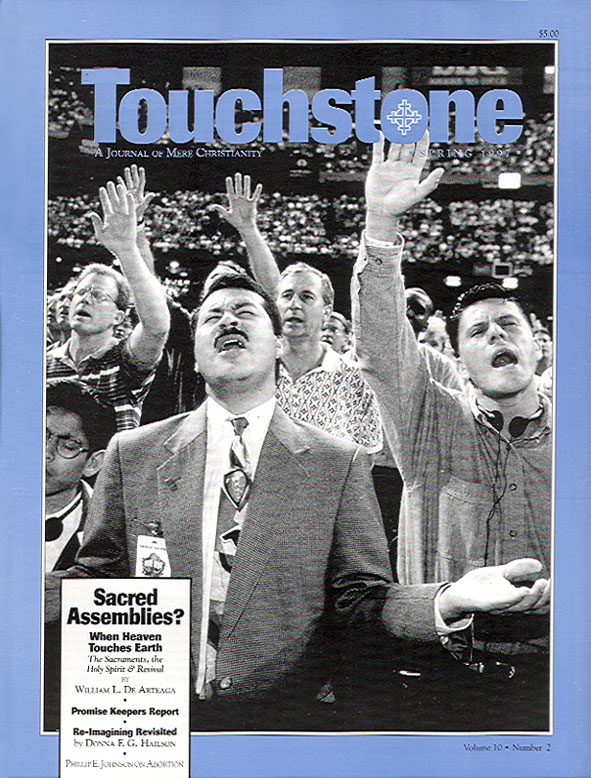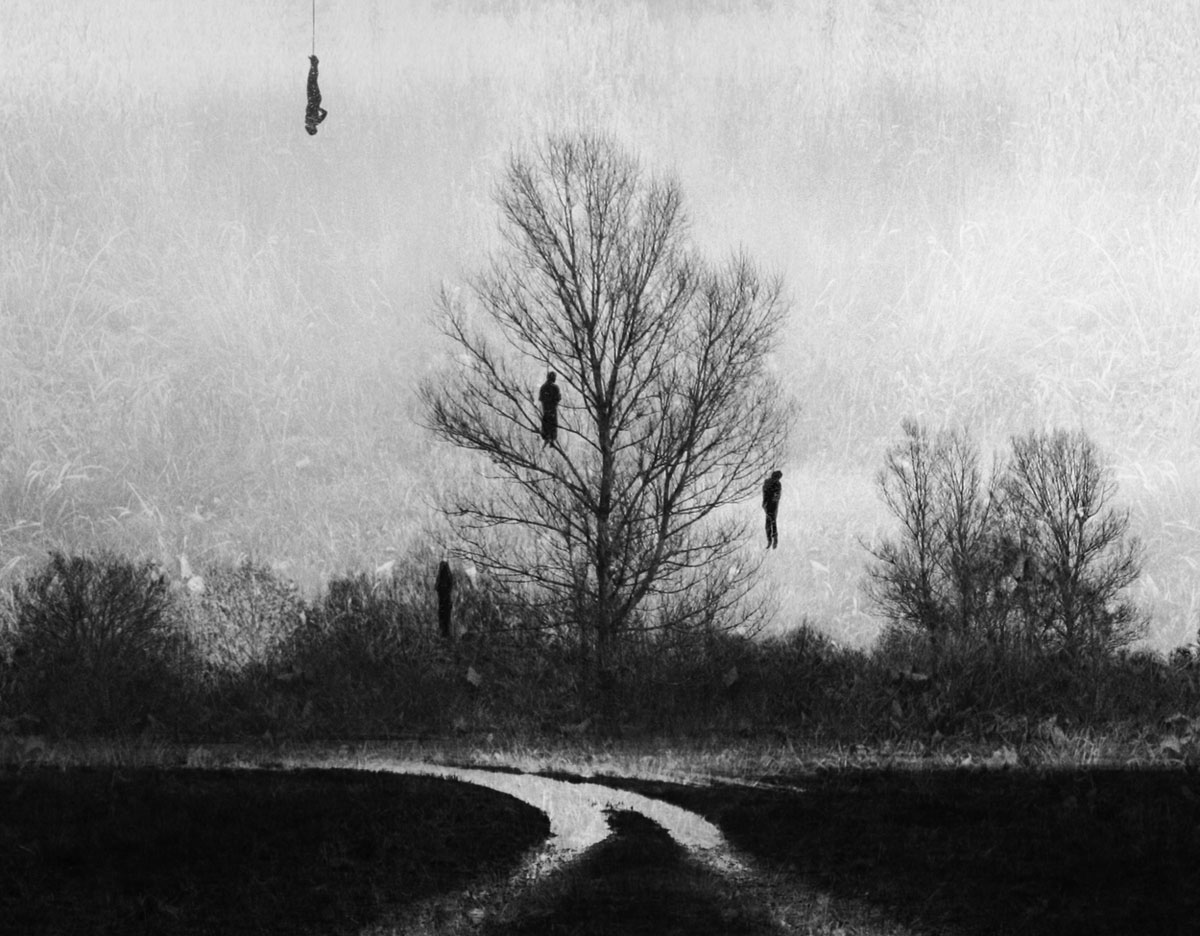Our Common Challenge
The concentration of mind which a man is supposed to achieve when he knows he will soon be hanged is relevant to the modern religious situation. Although evangelical Protestants, Eastern Orthodox, and Catholics hold quite varying beliefs, and are divided by fundamental disagreements, they share a growing sense of the precarious status of all faithful Christians in the modern world.
Despite their differences, Christians have often provided protection for one another, in that the very diversity of beliefs made it difficult for anti-religious skeptics to assault what appeared to be a many-fronted army. But an ironic result of the collapse of liberal Christianity is to make orthodoxy more vulnerable, as serious Christians are more and more defined as marginal, eccentric, even as dangerous to society.
Thus while Catholics may disagree with the biblical interpretations of some Protestants, they cannot help but notice how “Fundamentalism” has been demonized as the epitome of dangerous fanaticism, even as Protestants who reject papal authority must recognize how the media use dissident Catholics to undermine the very idea of religious orthodoxy. In familiar words, if serious Christians do not in some sense hang together, they will indeed be hanged separately by a world increasingly hostile to everything they represent.
A New Age of Unreason
The Western world is now experiencing the third of the three great cultural shifts which have profoundly affected the Christian faith. The first was the fall of the Roman Empire, as the result of which Christianity became the great formative force in the creation of a new civilization. The second was the Enlightenment, when for the first time in fifteen hundred years the spiritual authority of Christianity itself was seriously challenged.
This is, as the cultural commentators insist, the “post-modern age,” in which many of the dogmas of the Enlightenment (for they were indeed that, even though claiming to be based solely on reason) are being discredited, not excluding science itself, in certain ways. Yet the collapse of modernism has not helped Christianity as logically it should by once again revealing that there is more to reality than skeptical intelligence can grasp. Rather the irrationalism of the post-modern era has itself been turned against the Christian faith, so that Christians in the post-modern age suffer from the worst of both worlds—the new irrationalism and the remnants of the old rationalism.
The irrationalism of the post-modern mind places it beyond the possibility of fair-minded argument. Thus although feminists may claim to worship pagan goddesses, millions of people believe in astrology, and post-modern philosophers acknowledge that there are no compelling rational arguments for Enlightenment dogmas, Christianity can still be rejected as irrational. To charge its critics with inconsistency is merely to bring the response that logical coherence is no longer applicable. In the words of the leading post-modernist philosopher Richard Rorty, “truth is what your colleagues will let you get away with saying.” (It is perhaps not coincidental that Rorty is the grandson of the leading liberal theologian Walter Rauschenbusch.)
Through most of the modern period Christian apologists attempted to meet intellectual objections to their faith, assuming that intellectual errors are at the root of unbelief. But the irrational rebellion of the unfettered human self has always been the real root of disbelief, and it remains unaffected by rational argument. During much of the modern period this irrationalism had to be denied or concealed, but naked assertions of the self now enjoy intellectual respectability and are also the working personal philosophy of countless people who have never so much as opened a philosophy book.
It is thus significant that the post-modern era has to a great extent discredited classical atheism, because the latter phenomenon rests on an idea of objective truth. Atheism now appears to post-modernists as too narrow, as in a sense conceding too much to believers in allowing them to appropriate divinity for themselves.
The Spiritual Jungle
Instead Western culture is now a religious tropical jungle, in which every kind of “spiritual” movement flourishes and gains respectability, roughly in proportion to the degree that it departs from classical Christianity. In this environment to call oneself an atheist is to admit to personal spiritual impoverishment. The approved post-modernist attitude is to affirm spiritual reality everywhere in the universe and to hone oneself into an especially sensitive instrument for detecting it.
James Hitchcock is Professor emeritus of History at St. Louis University in St. Louis. He and his late wife Helen have four daughters. His most recent book is the two-volume work, The Supreme Court and Religion in American Life (Princeton University Press, 2004). He is a senior editor of Touchstone.
subscription options
Order
Print/Online Subscription

Get six issues (one year) of Touchstone PLUS full online access including pdf downloads for only $39.95. That's only $3.34 per month!
Order
Online Only
Subscription

Get a one-year full-access subscription to the Touchstone online archives for only $19.95. That's only $1.66 per month!
bulk subscriptions
Order Touchstone subscriptions in bulk and save $10 per sub! Each subscription includes 6 issues of Touchstone plus full online access to touchstonemag.com—including archives, videos, and pdf downloads of recent issues for only $29.95 each! Great for churches or study groups.
Transactions will be processed on a secure server.
more from the online archives
calling all readers
Please Donate
"There are magazines worth reading but few worth saving . . . Touchstone is just such a magazine."
—Alice von Hildebrand
"Here we do not concede one square millimeter of territory to falsehood, folly, contemporary sentimentality, or fashion. We speak the truth, and let God be our judge. . . . Touchstone is the one committedly Christian conservative journal."
—Anthony Esolen, Touchstone senior editor









